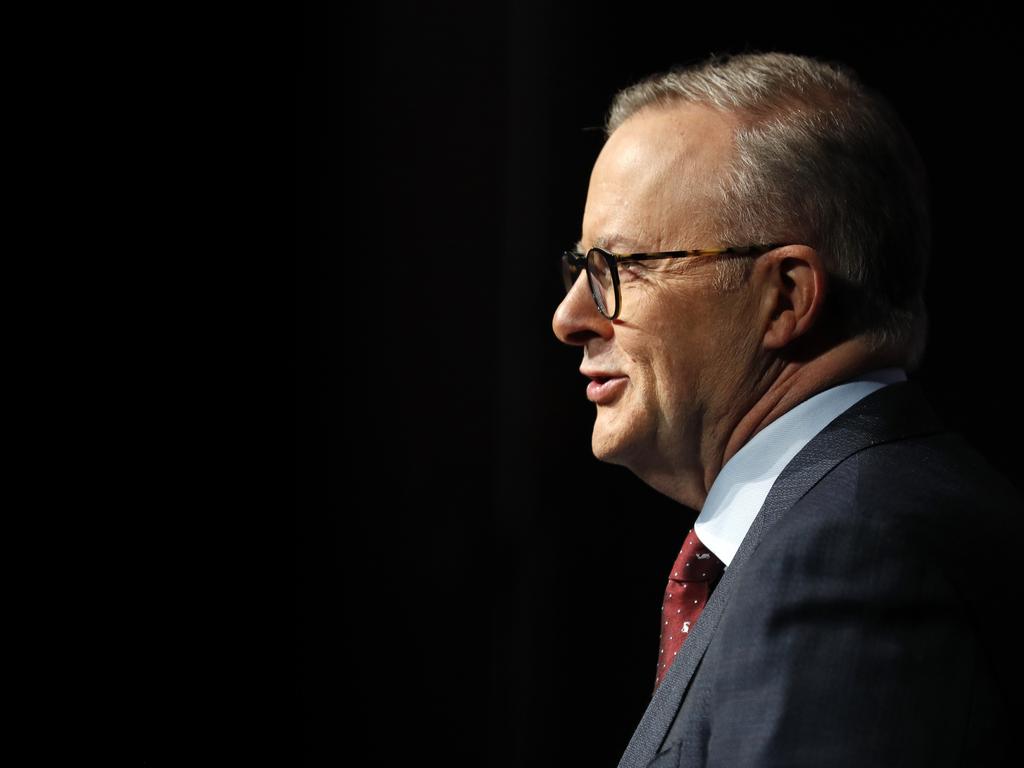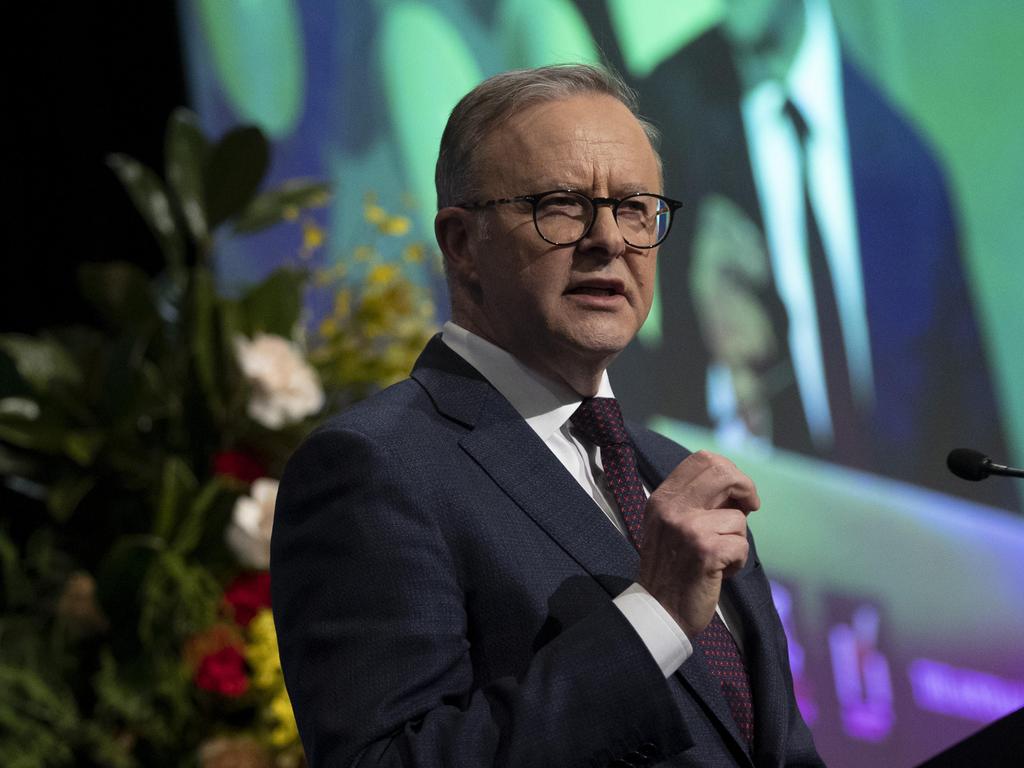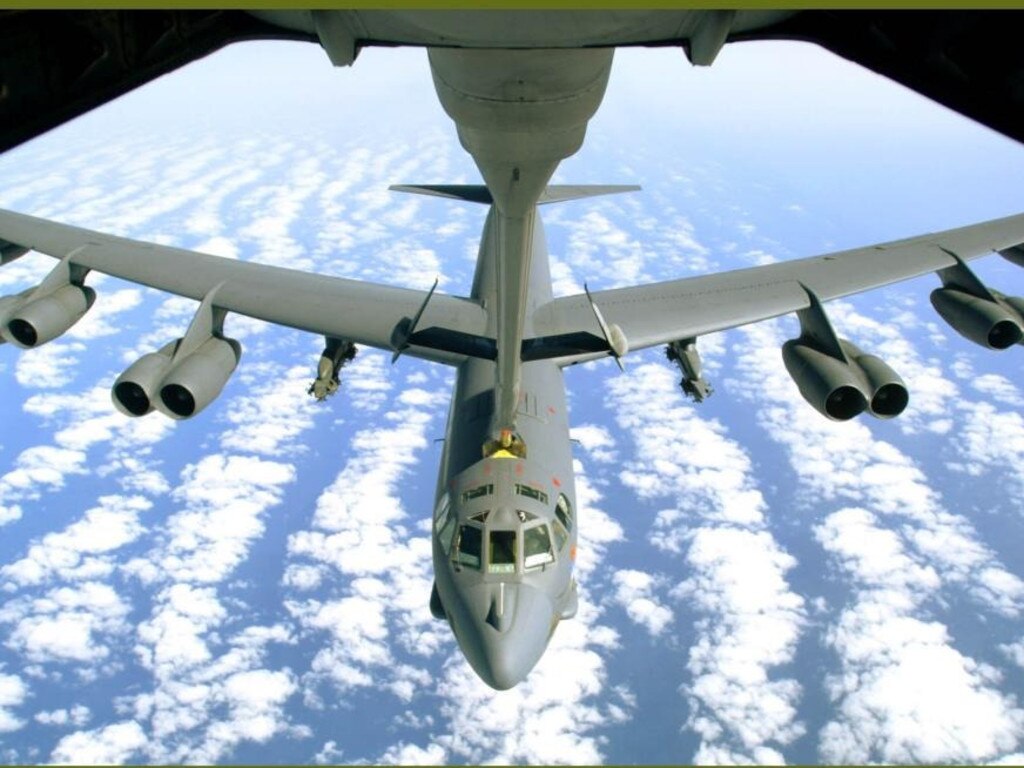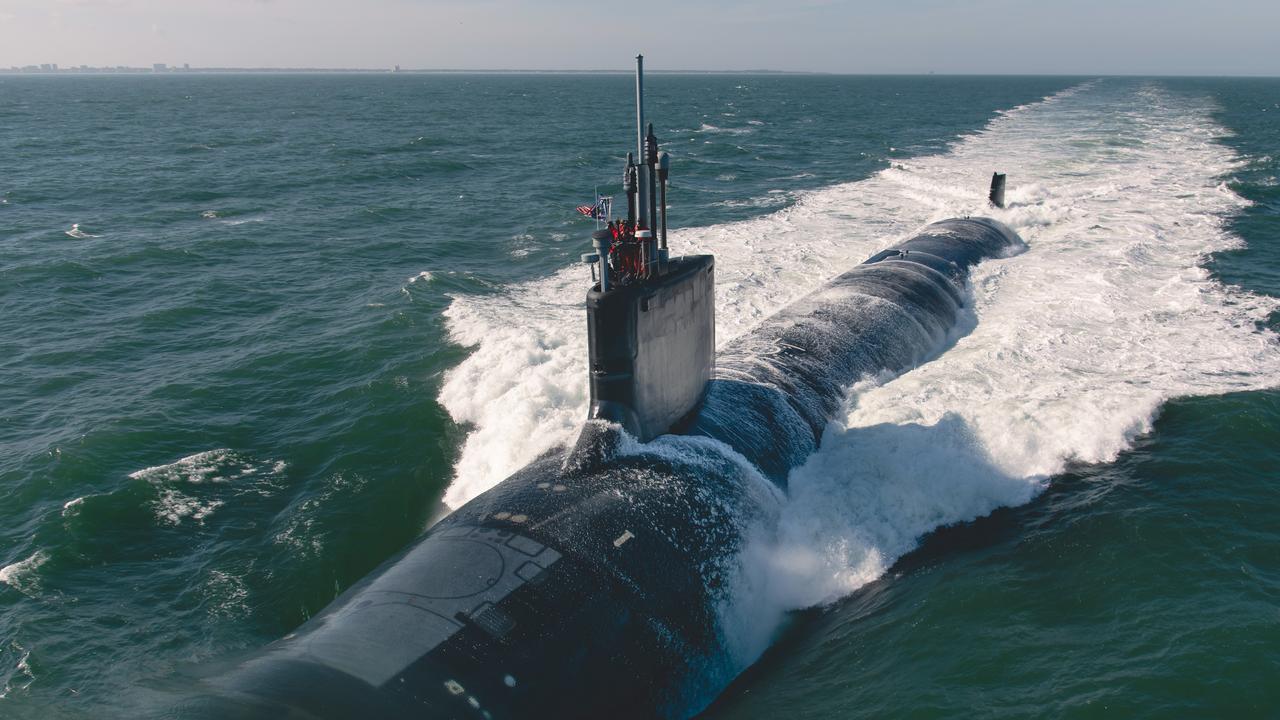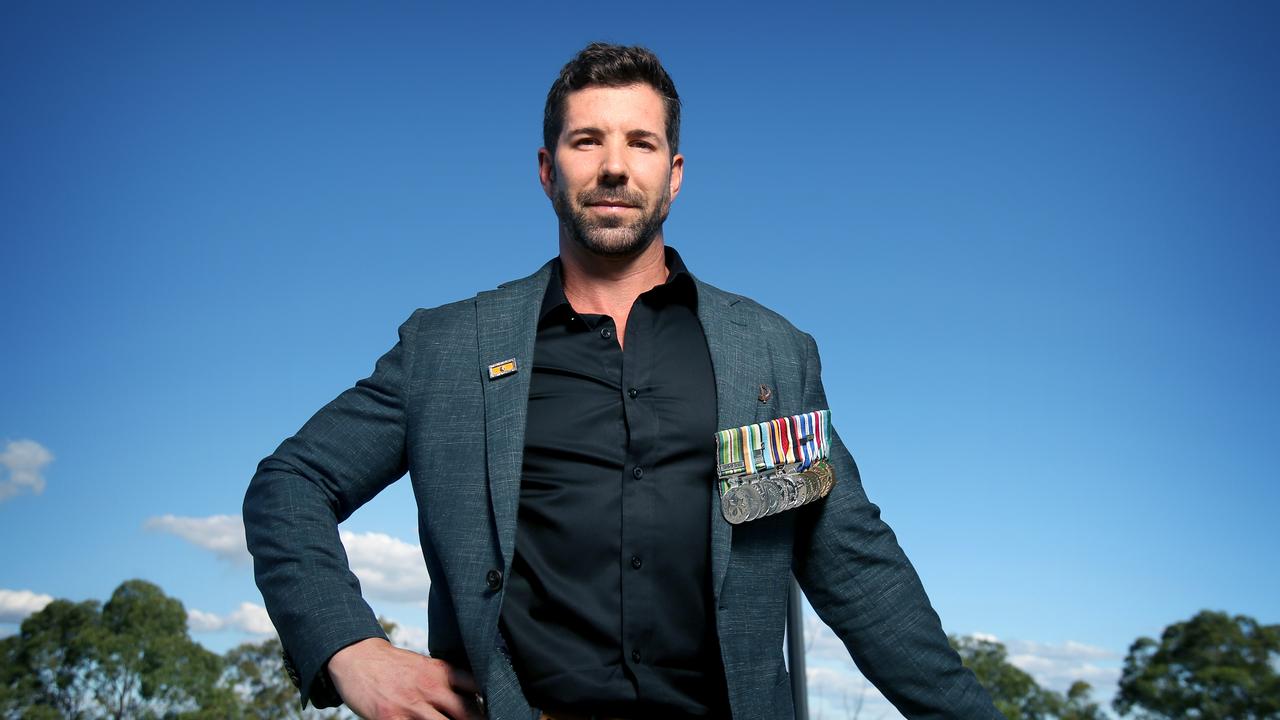Anthony Albanese flags Defence shake-up with drones and missiles
Anthony Albanese has flagged his intention to reshape the ADF, guaranteeing to spend whatever it takes.
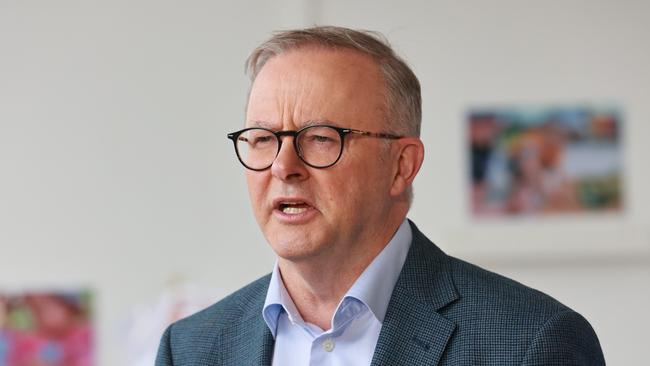
Anthony Albanese has flagged his intention to reshape the Australian Defence Force and give it substantially more firepower, guaranteeing to spend whatever it takes to achieve this.
In an exclusive interview with The Weekend Australian, the Prime Minister criticised both the existing structure of the ADF and the failure of the previous Coalition government to bring new capabilities online quickly.
Mr Albanese said that, arising out of the government’s defence strategic review, there would be substantial new capabilities within the next five years, including a new emphasis on missiles, missile defence capabilities and drones.
At present, the ADF does not have any armed drones.
“A lot of the (past defence) expenditure was based on where Australia’s recent military experience had been, in Iraq and Afghanistan,” he said.
This, in the Prime Minister’s view, had led to military kit that was not optimally aligned with Australia’s urgent strategic needs.
“Now the question is: how does Australia defend ourselves,” he said. “Where are our missile capabilities? It means drones. It means different assets. In today’s world, cyber security is very important.”
Mr Albanese ridiculed previous acquisition decisions: “Are we going to be involved in a land war in central Queensland? Is that likely? Well, no.”
Mr Albanese believes that a great deal of defence effort will help strengthen Australia’s resilience beyond specific military capabilities. “Look at the cyber issues that have come into domestic civil security in the last few weeks,” he said.
“National security issues are linked up. There’s a connection between cyber security and our ability to defend ourselves.”
Mr Albanese was scathing about the Morrison government’s failure to produce real defence capabilities quickly.
The 2020 defence strategic update declared that Australia no longer had a 10-year warning time frame for major strategic threats but this did not result in the urgent acquisition of new capabilities.
“We need more weaponry that can actually make a difference,” he said. “The (threat) time frame changed from 10 years but there was no response to that. It was as if that was an anecdote, rather than something that needed to be responded to.”
The Prime Minister revealed that cabinet’s national security committee has been actively involved with both the defence strategic review, being carried out by former foreign minister Stephen Smith and former defence force chief Angus Houston, as well as the parallel study into what kind of nuclear-propelled submarine Australia would seek to acquire under the AUKUS arrangements.
“The NSC meets almost weekly, sometimes more often,” Mr Albanese said. “We have received reports (from the two reviews) on the way through.”
He guaranteed, repeatedly, that the government would spend whatever was necessary to produce the defence force that could defend Australia.
“Yes! Yes! We will do what is necessary to achieve it,” he said. “We’ve made that very clear. We’ve been really upfront and we’ll do what is necessary.
“This is not optional, it’s necessary.”
Mr Albanese robustly rejected criticism from the Chinese foreign ministry over the decision to have up to six US B-52 strategic bombers rotating through RAAF base Tindal in the Northern Territory. “We made our decision in 1941,” Mr Albanese said, referring to the US alliance.
“That was the right decision and our alliance with the US is the right partnership now.
“Australia will make our own decisions. China of course is entitled to express a view.”
However, Mr Albanese indicated that it was Beijing’s actions, including military actions, that caused concern in the region.
“China clearly has changed its posture in the region and that’s something that we as a middle power in the region have to take account of,” he said.
“Strategic competition in the region informs our view of our relationships with nations in the region.”
Mr Albanese will leave Australia soon to attend the East Asia Summit in Cambodia beginning on Thursday, the G20 summit in Indonesia on November 15-16 and the APEC summit in Thailand on November 18-19.
He believes the G20 will be an opportunity to focus global attention on the fight against inflation and possible measures to overcome inflation, such as increasing productivity.
“The G20 meeting is particularly important for Indonesia,” he said, pointing to Indonesia’s rising standing as a global player, and forecasts that it would be a top five economy by the middle of the century.
Mr Albanese has invited Indonesian President Joko Widodo to visit Australia next year. He suggested the G20 summit could offer some opportunity for the major economies to co-ordinate economic policy.
“All the central banks are targeting inflation as the priority,” he said. “I think what we saw in the UK (under former prime minister Liz Truss) was the markets responding to measures that were seen as not consistent with the actions of the central bank.
“That was the context of our budget, too. We wanted to make sure fiscal policy was working with monetary policy, that they were not contradicting each other.”
Mr Albanese is gravely concerned about the potential for Russia’s war on Ukraine to spill into nuclear conflict.
“I take Vladimir Putin’s threats very seriously,” he said.
“Putin threatening to use nuclear forces on Ukrainian forces or Ukrainian people – the consequences of that would be an absolute game-changer in a very bad way.
“Post the Cold War there was a de-escalation. This is an escalation by someone who clearly miscalculated.”
Mr Albanese said Australians sometimes underestimated the influence that their nation had on global affairs.
He argued that his government’s proactive stand on climate change action had already enhanced Canberra’s influence internationally.
“The price of admission, the price of credibility, in the international system is having effective action on climate change,” he said.
Mr Albanese also expressed strong support for enhancing Australia’s fuel reserves and recreating a merchant fleet of civilian cargo carriers.
“We remain vulnerable at the end of global supply chains,” he said.
“The idea that our fuel reserves are held in the Gulf of Mexico, and that we don’t have the capacity to take goods around our own coast, an island continent, is a national security issue.”


